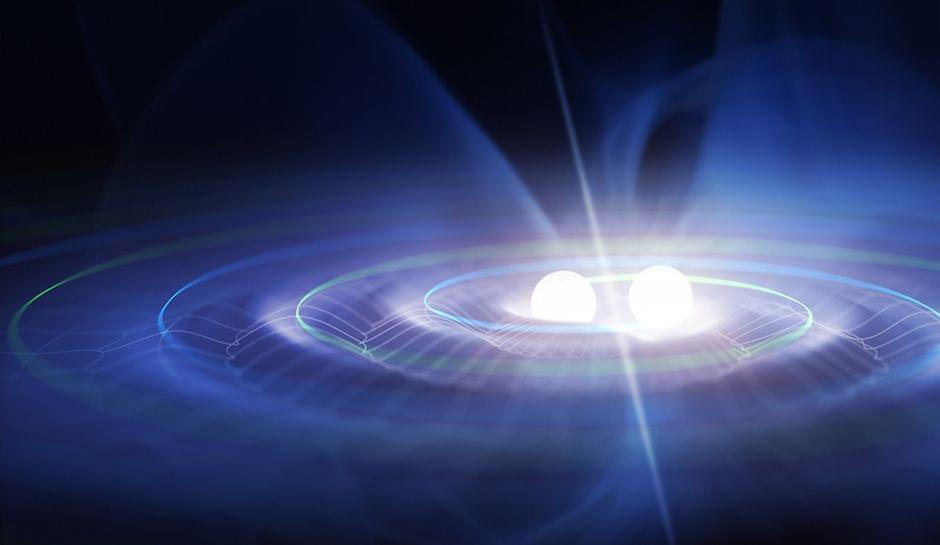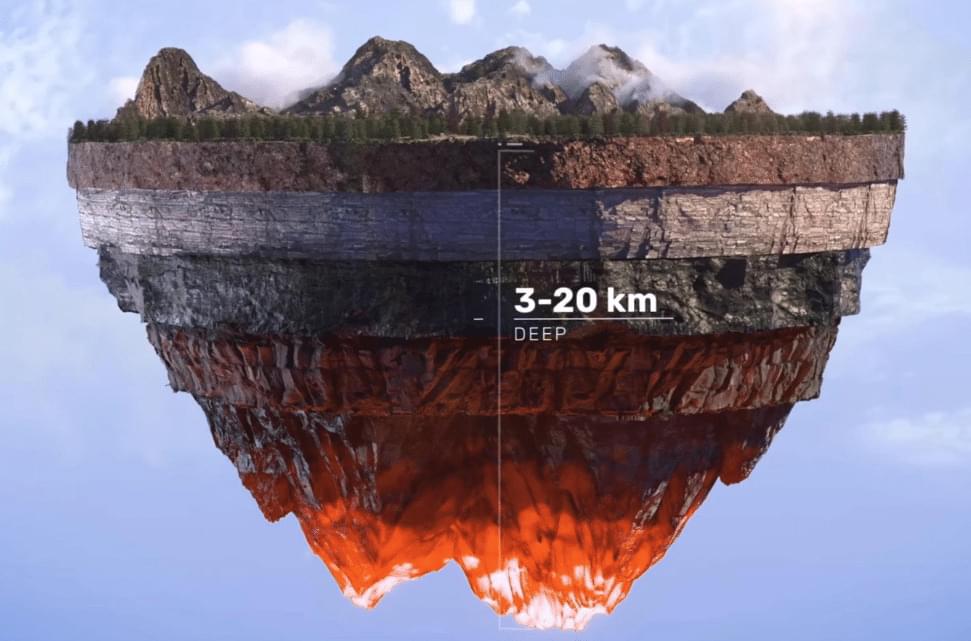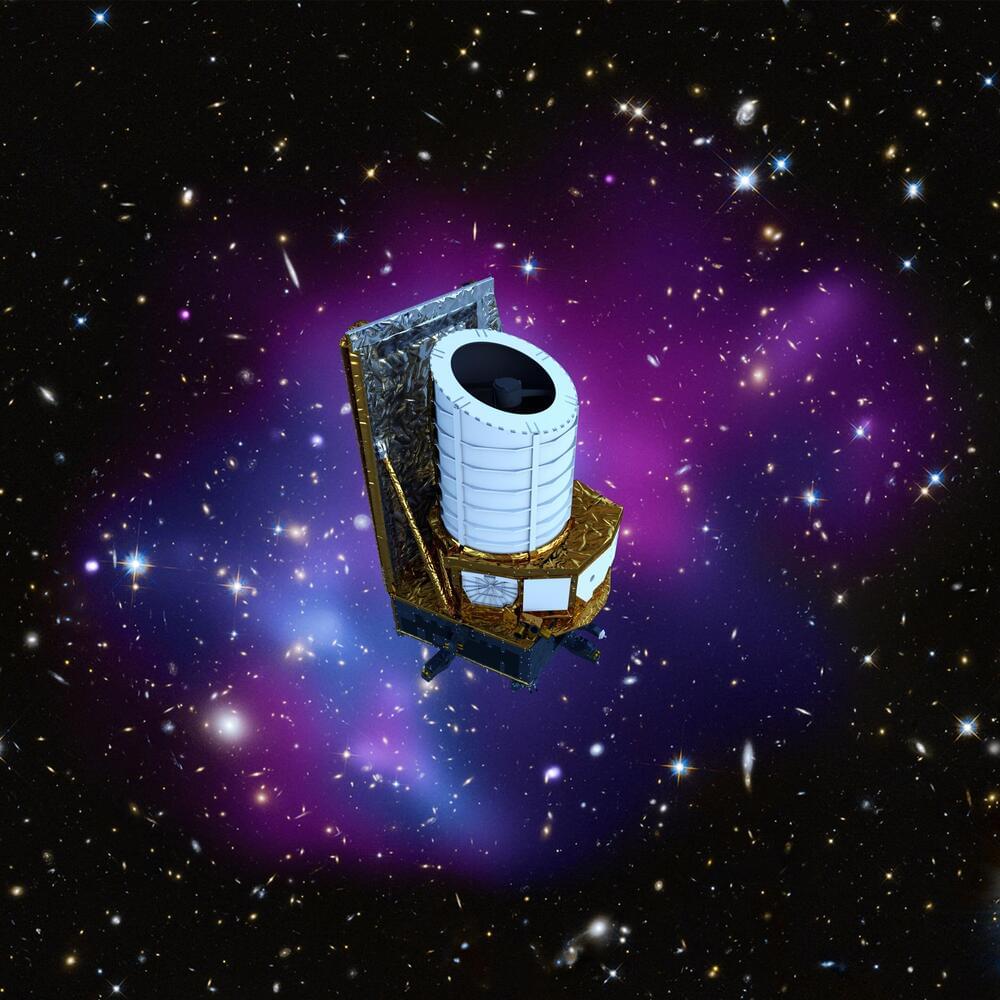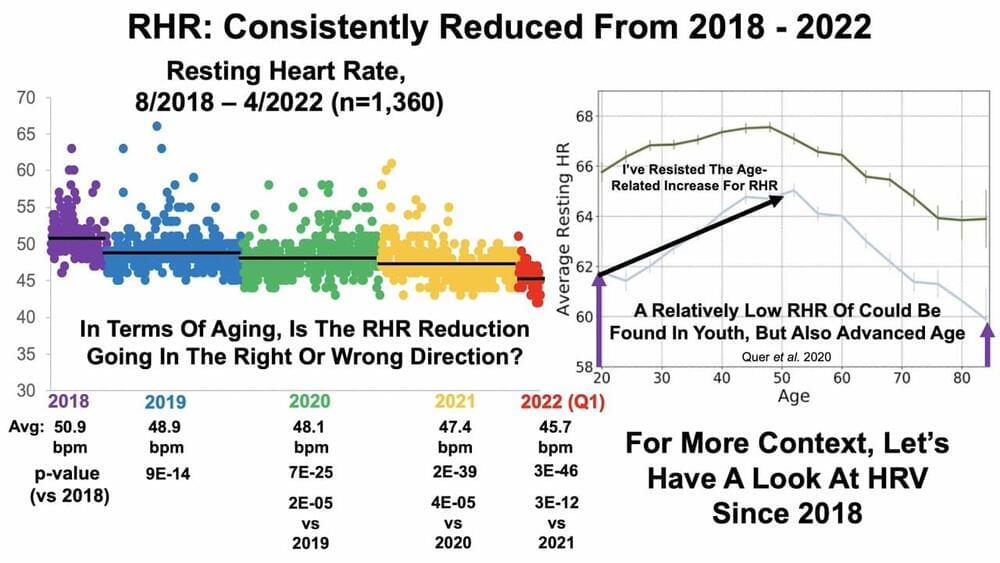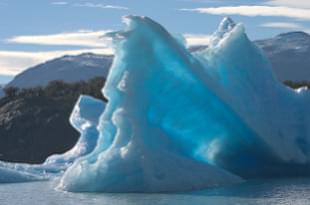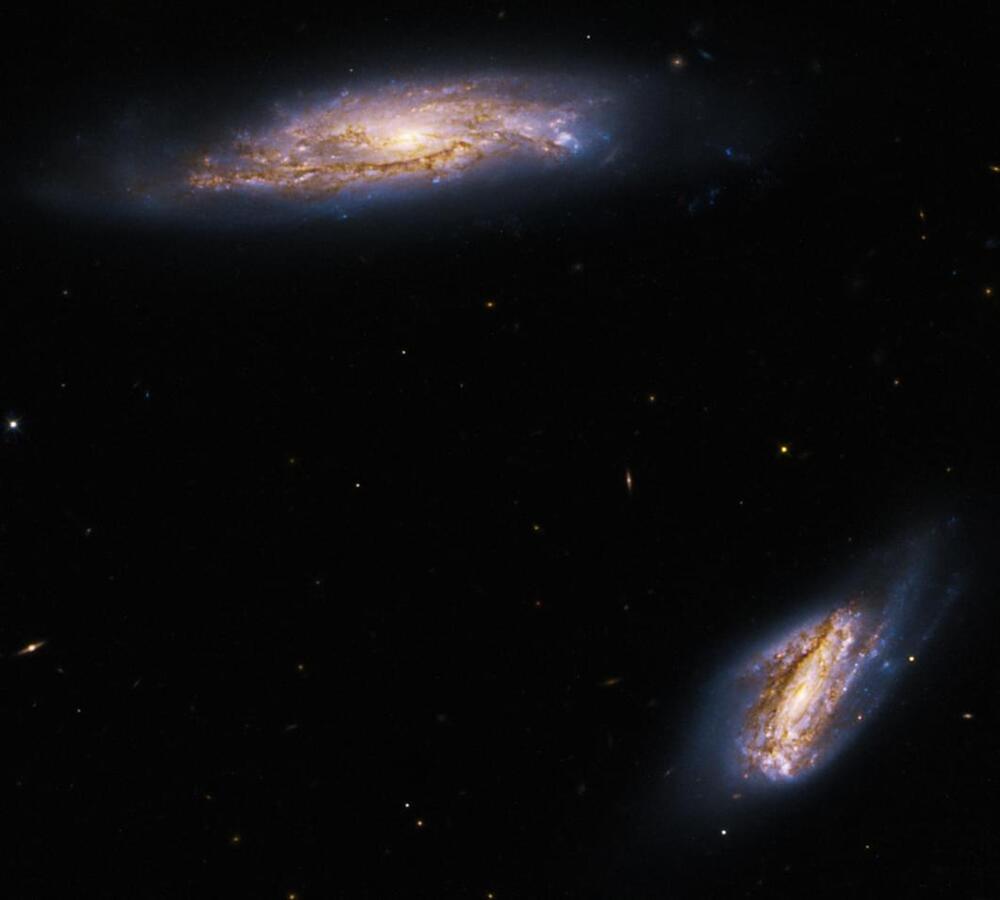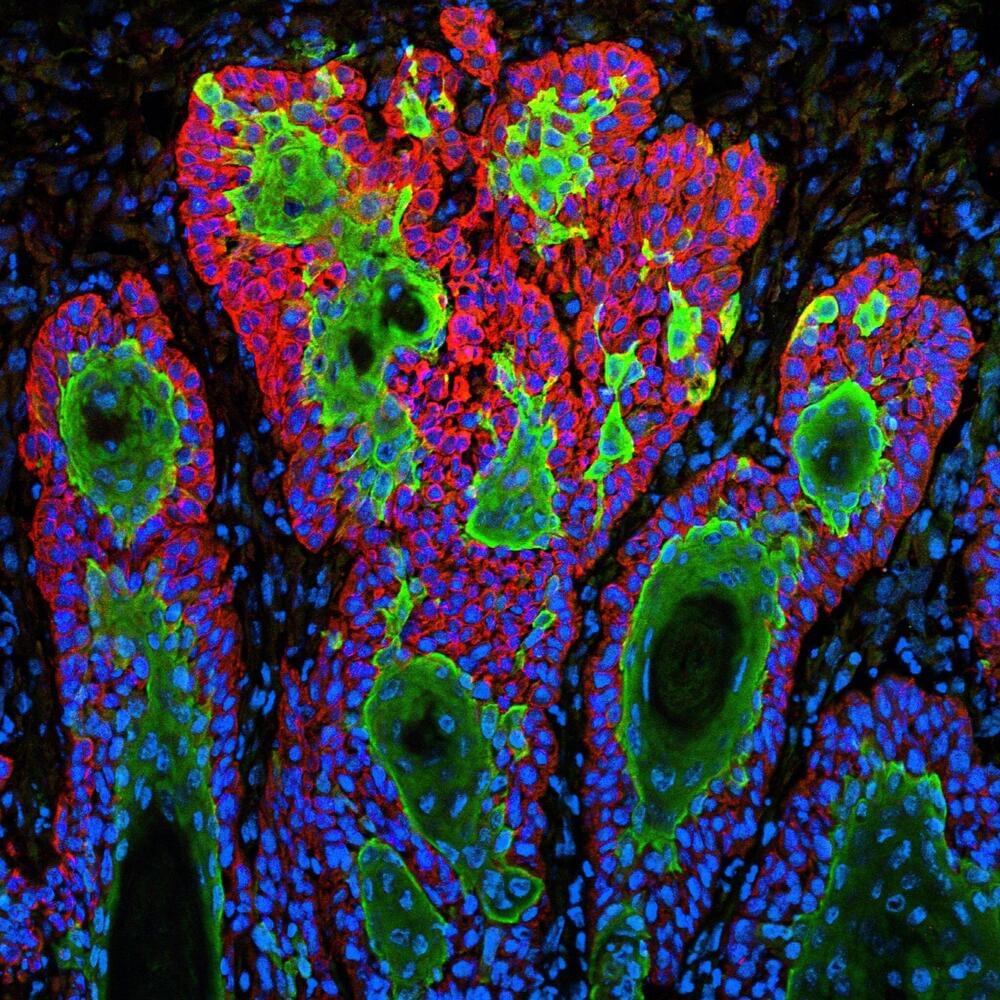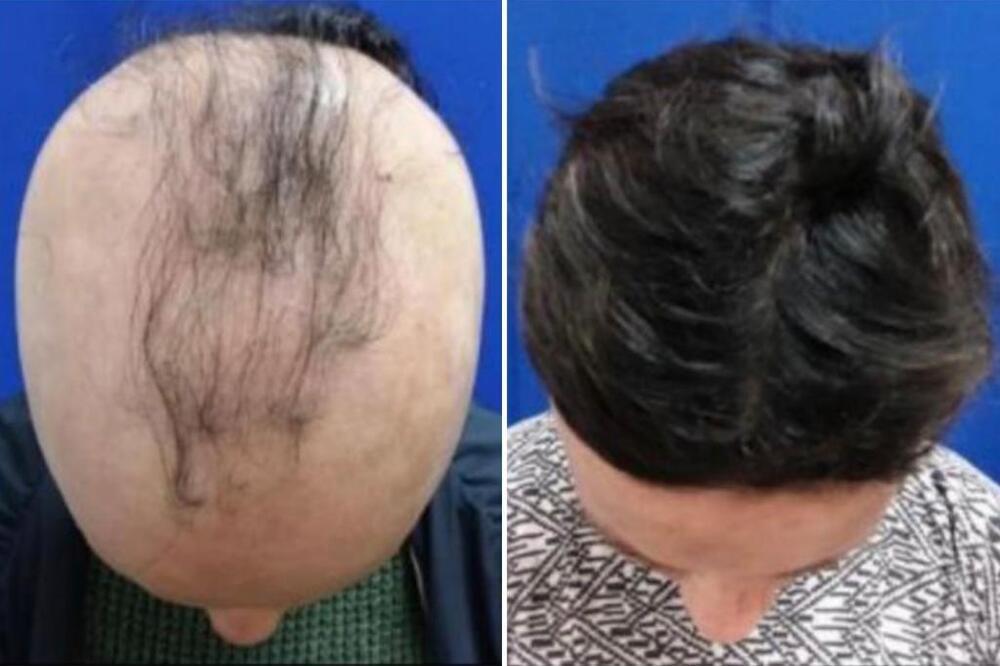Recently, scientists made groundbreaking detections that allowed them that gravity does not act instantaneously as Newton thought, instead it propagates at the speed of light.
Neil Cornish, a physicist at Montana State University said, “The speed of gravity, like the speed of light, is one of the fundamental constants in the Universe. Until the advent of gravitational wave astronomy, we had no way to directly measure the speed of gravity.”
In the course of recent months, physicists have gained exceptionally fast ground in bouncing the speed of gravity utilizing gravitational wave perceptions. Earlier, the first LIGO detections of gravitational waves constrained the speed of gravity suggests 50% of the speed of light.
